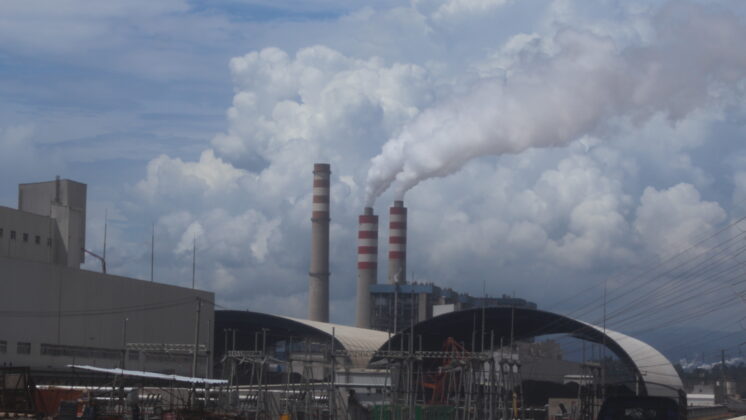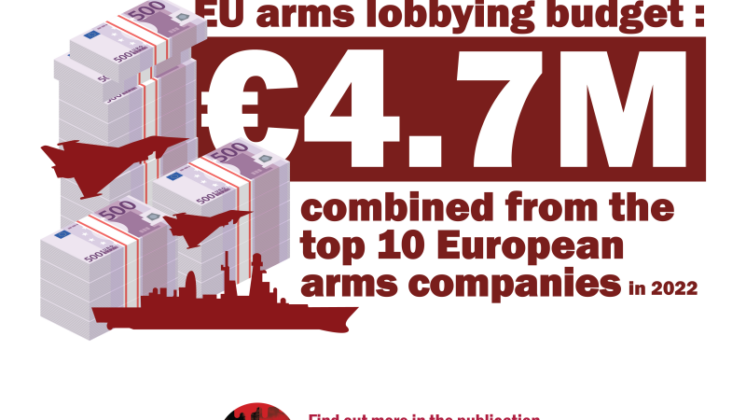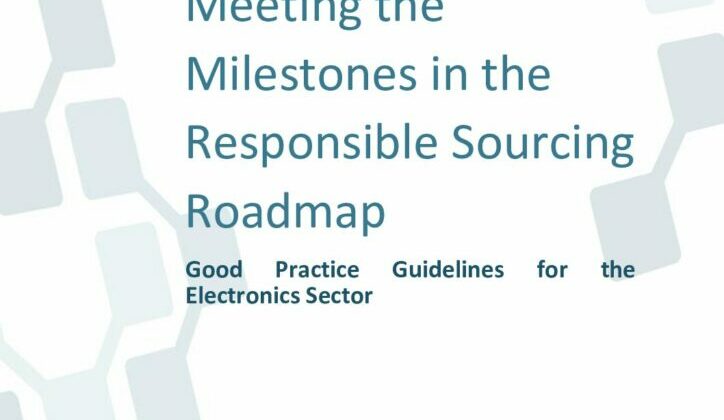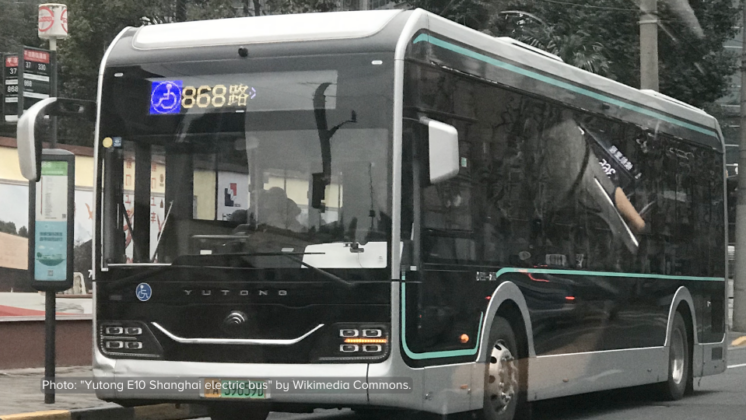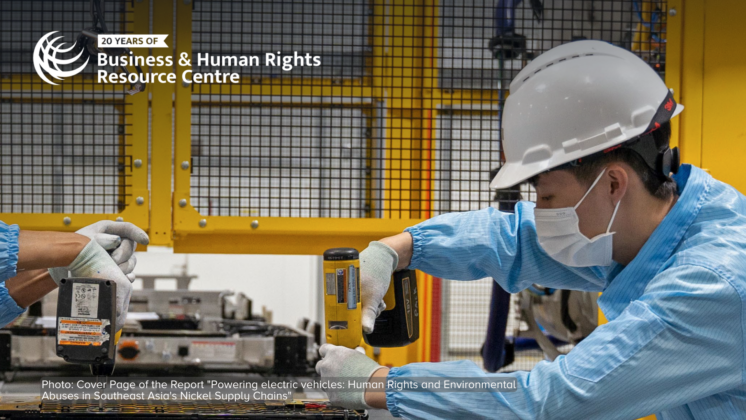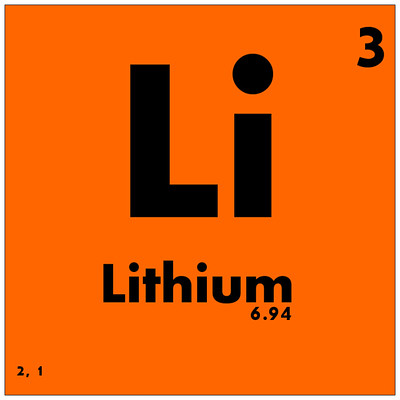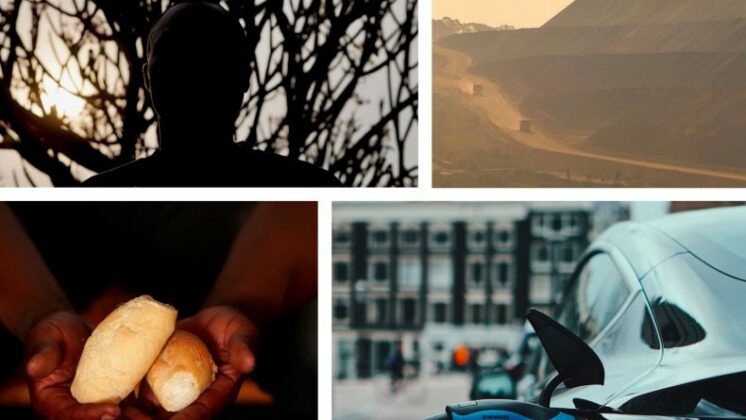Apple stated it stopped buying cobalt from artisanal mines in Congo. Last year, reports from the Washington Post, Amnesty International, SOMO and its DRC partners ACIDH, Afrewatch, and Premicongo, revealed serious environmental damages and human rights abuses at cobalt mines in Congo. These abuses persist.
Abuses in the artisanal mines in Congo include hazardous conditions in which miners, and even children, are working. The Washington Post connected these abuses to the Chinese Shejiang Huayou Cobalt Company, whose minerals are used in Apple products. Cobalt is an essential element for the lithium-ion batteries found in laptops and smartphones.
Apple intends to begin scrutinizing its cobalt suppliers, like it does with its ‘conflict mineral’ suppliers. Companies that mine tin, tungsten, tantalum and gold from Congo are required to certify the mines and show it does not come from militia-controlled mines. Apple said it will publish a list of cobalt smelters, like it does for its conflict mineral smelters.



